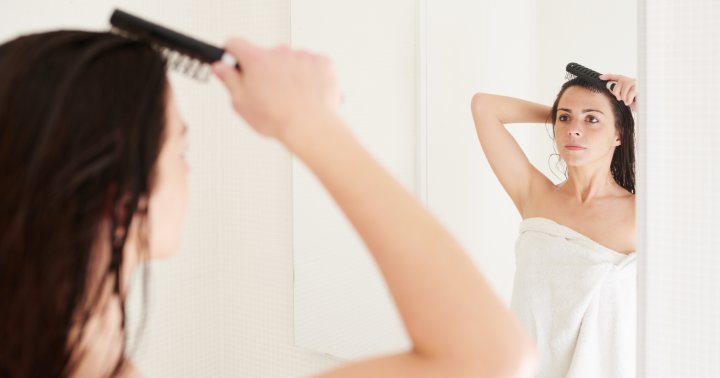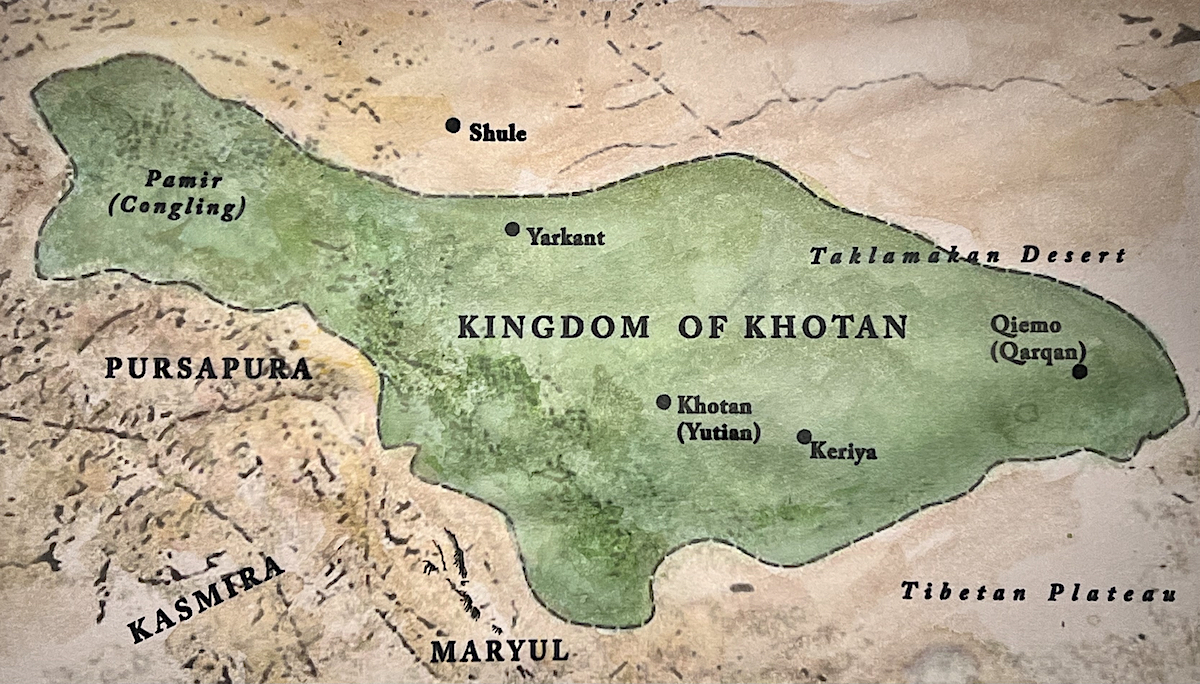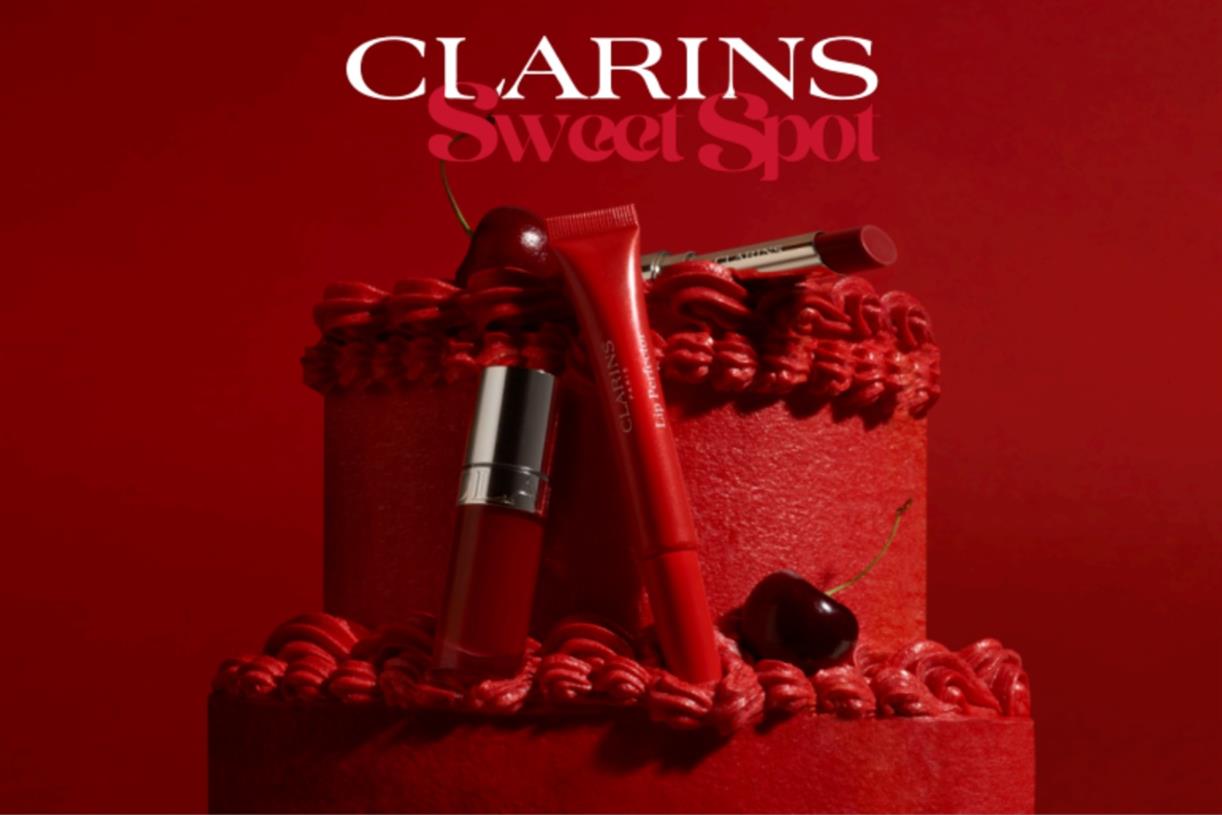The Surprising (And Common) Mistake That Can Cause Greasy Hair
We were stunned, too.

As far as detangling goes, it all boils down to hair type. Those with straight or wavy tresses typically run a brush through dry strands, while those with curls likely don't detangle every single day—and when they do, it's in the shower, under a glob of conditioner. It's not a perfect science, but that's generally what the pros recommend.
If you identify with the former (straighter strands, detangled dry), you may find yourself comb in hand pretty often—like, say, every single morning to wrangle snarls from the night before. Some even brush through the strands multiple times a day, whether to impart a glossy sheen or just because it feels lovely on the scalp. But hold on: Did you know overbrushing is one of the most common causes of greasy hair?
How overbrushing can cause greasy hair.
Your scalp produces tons of natural oils—this is a good thing, as sebum is what keeps your strands shiny and moisturized. It's when your scalp accrues too much oil that becomes a slight issue, buildup, flakes, and greasy hair not too far behind. The specific time stamp looks different for each person, but for straight-to-wavy hair types (think pin-straight to loose bends), the hair tends to get oily faster, as it's easy for sebum to travel from root to shaft (it's also why people with this hair type may need to shampoo more often).
Here's where your brush of choice comes into play: Brushing speeds up the travel quite a bit—the bristles can transfer the oil from the scalp down to the strands. "Brushing your hair while it is dry or running your fingers through your hair moves the oil down the hair shaft, which can make hair look more oily," says hairstylist Franck Izquierdo, co-founder of IGK Hair Care. Not to mention, the oils on your fingertips can introduce even more grease to the strands themselves, but that's a whole other discussion.
Many also claim that combing at the roots can stimulate the follicles up top (like a mini scalp massage), which can lead to more oil production, and, thus, a greasier mane. "There are theories that brushing the hair can stimulate the scalp's oil glands, though I have not seen data proving that to be the case," says board-certified dermatologist Iris Rubin, M.D., founder of SEEN Hair Care. It's not out of the question, but the oil-transferring process above is the likely culprit.
If overbrushing is an issue for you, try not to brush your tresses more than once a day. But if you absolutely must—say, you have some unforgiving snags—you might want to only detangle the lengths. Keep away from the roots, where oil production is most prevalent, and you'll avoid transferring the sebum down the hair shaft.
Also, "Clean your brush regularly, as residue from hair products, and the oil from your hair, can build up on your brush and then make its way back to your hair," notes Rubin. (Find exactly how to clean those bristles here.)
And at the end of the day? A little grease is not the biggest deal. Throw it up in a bun or pony, says Izquierdo, and embrace the sleek look until your next wash day.
If you have straight strands or loose waves, it's easier for the oil on your scalp to travel from root to shaft—and overbrushing only speeds up the process. If it bothers you, try limiting your combing to once a day (if that), and see if the grease subsides.

 Kass
Kass 






























.png)
